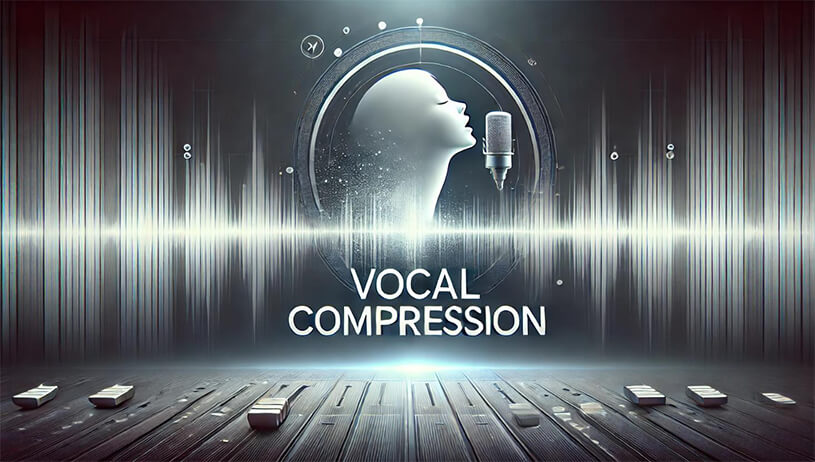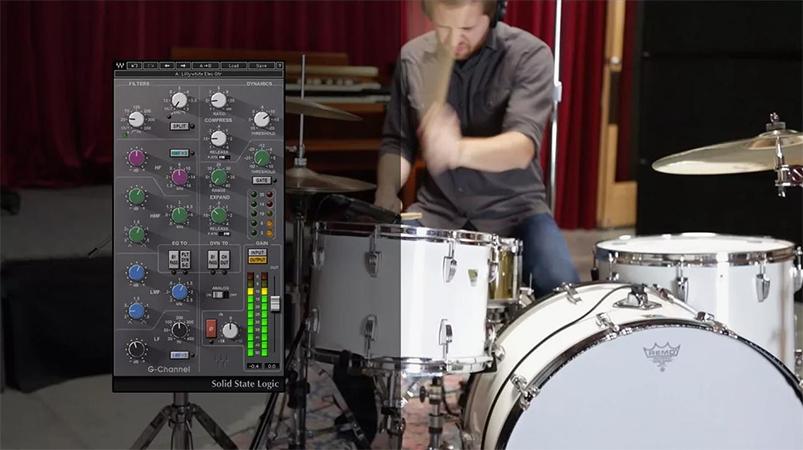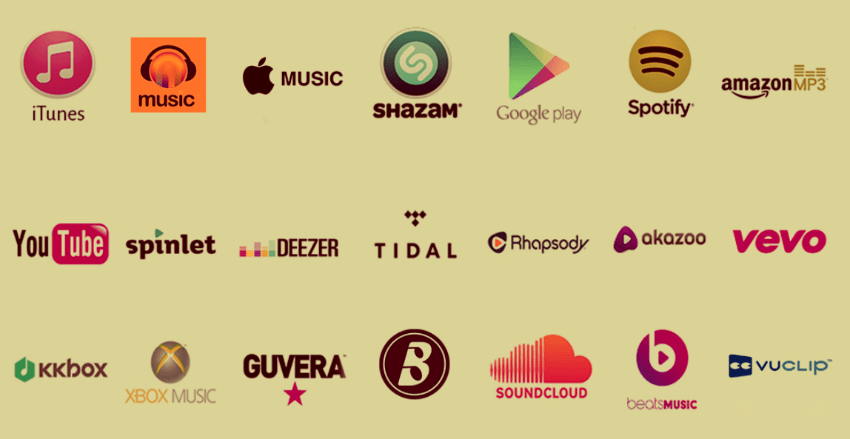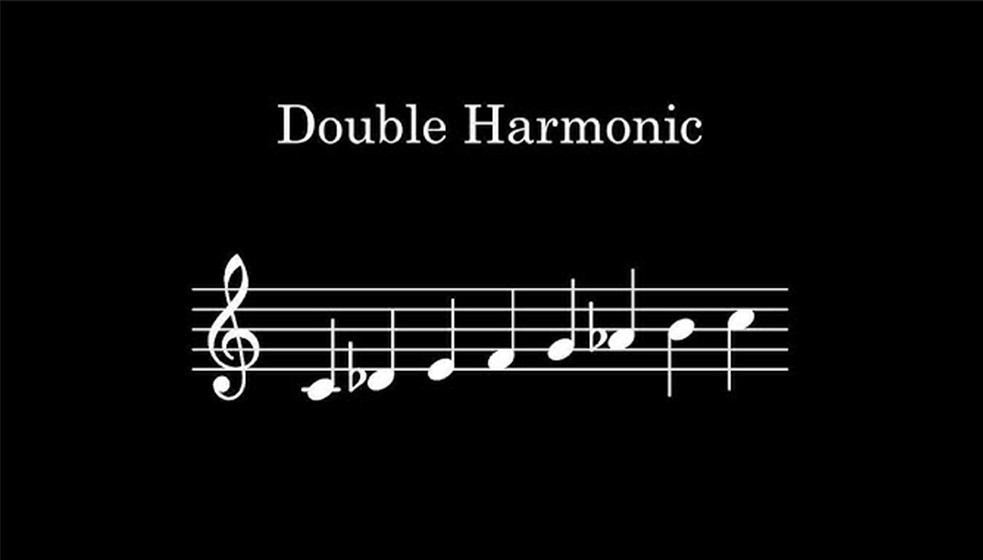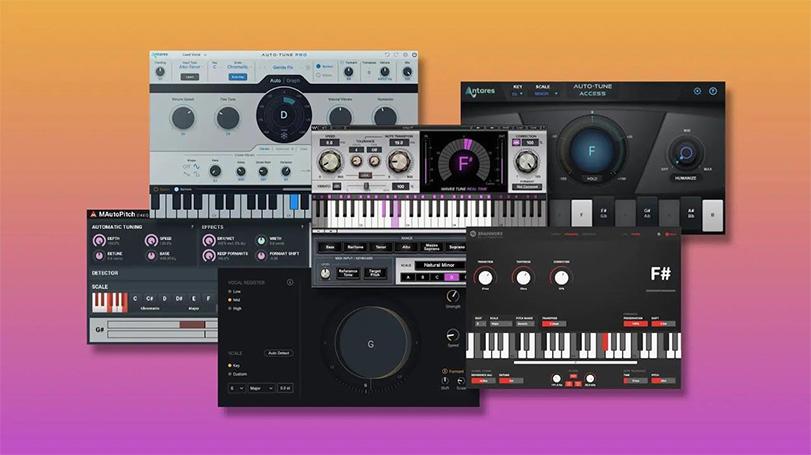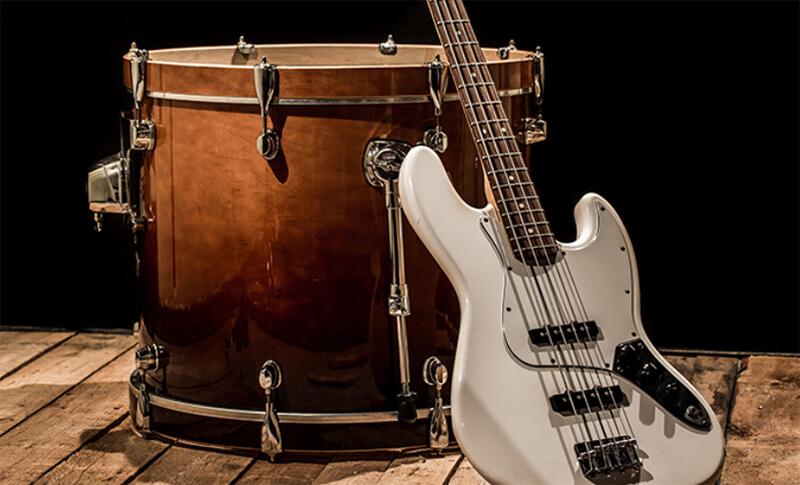Career in music industry
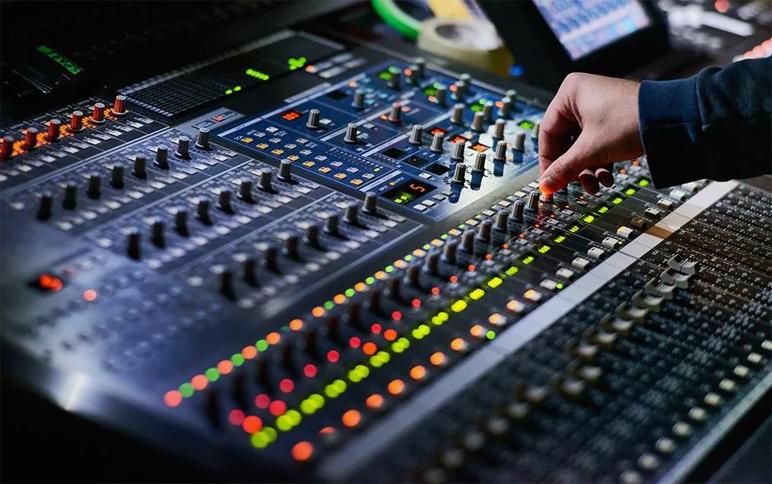
There are many professions related to the world of sound: musicians, studio sound engineers, audio equipment developers, radio hosts, and many other specialists. In this article, we will discuss the difficulties that may arise for those who decide to build a career in this field, and what is important to consider at the initial stages.
DJs, musicians and vocalists
When it comes to the music industry, the first thing that comes to mind are performers. This includes DJs, who must be able to select samples and tracks, create smooth transitions between compositions and combine them into a single piece – a task that requires considerable skill.
For those who want to earn money by performing music, it is important to understand what audience they are targeting. It is the listeners who determine the repertoire of a budding musician. Over time, when the performer achieves recognition and finds his own unique style, he will be able to go his own way. But at the initial stages, you may need to play what the public demands, even if it goes against your personal preferences. Musicians and vocalists have the opportunity to join musical groups with a specific repertoire, where they will not have to compromise their principles. It is important to find like-minded people and work in a genre that is close to their spirit.
The artist’s image also plays an important role: interaction with the public occurs not only through sound, but also visually. Stage image, movements, communication with the audience between tracks – all this creates the atmosphere of the performance. It is important to be able to feel the moment and understand the expectations of the audience.
If for musicians and vocalists having a special education is often an advantage (although there are very talented self-taught people), then in DJing everything is a little simpler. With the help of digital tools such as Traktor or Virtual DJ, you can master the basics of mixing tracks at home. You can learn for free using video tutorials on the Internet, which, however, often cover only the basic aspects. Musical education, of course, will help you understand music more deeply, but high-quality DJ sets can be created without it.
It is important to remember that instant success is unlikely. The path to the top of a music career requires hard work, constant self-improvement, learning new trends and techniques, and most importantly, total dedication. It is also worth considering that at the initial stages, this profession will most likely not bring in significant income. The first time will be spent on creating your own brand, finding an audience and your niche, as well as developing a unique sound and name. Ultimately, fame is what feeds the artist.
Sound Engineer Profession
Sound engineers play a key role in the creation of musical compositions, mixing and mastering recordings. Their job is to transform recordings made in the studio into a single, professional-sounding work that will be equally well received on different audio systems. The path to mastery in this profession begins with learning the basics of working on home equipment.
Using available audio processing programs, beginning engineers can master the basic elements of working with an equalizer, compressor, and other important tools. This knowledge allows you to understand how to shape the sound and why certain settings are so important. Over time, when the basic skills are mastered, it makes sense to create a small studio for deeper experiments and work with more complex projects.
Experience is of great importance for a sound engineer and accumulates with each new job. It is necessary to strive to work with different musical genres and styles in order to develop your skills and determine the direction in which you want to move further. In addition, it is important to constantly monitor new trends in the industry, master modern tools and technologies in order to always stay up to date with the latest innovations.
One of the key aspects of a successful career as a sound engineer is the ability to build and maintain professional connections. As Emmy Award winner for sound accompaniment Scott Weber noted, in this profession, not only technical skills are important, but also the ability to be a diplomat. Good connections and the ability to find common ground with people can open doors to interesting projects and new opportunities.
Scott also emphasizes that it is important for an audio engineer to have a clear idea of his goals, but at the same time not to be afraid to try yourself in different directions and take on a variety of projects. Each project, whether it is a music album or soundtrack for a film, can provide new experiences and knowledge.
Noah ‘40’ Shebib, a well-known producer who works with Drake, offers universal advice for all aspiring professionals: “Work with what you have and strive for the best result. Little by little, new opportunities will open up to you that will lead you to your goal.” This principle helps to move forward even with limited resources, which is especially important at the beginning of a career.
Profession of a radio host
Radio hosts are those who fill the airwaves of music radio stations with lively and interesting conversations between tracks, jingles, news and interviews. The main tool of a radio host is his voice, and it is this that needs to be given special attention. Voice development, diction training, the ability to warm up before the air and avoiding speech defects are the main aspects that need to be constantly worked on.
Creating examples of work is important not only for musicians and sound engineers, but also for radio hosts. One such example can be a demo recording, or “demo” – a short 30-second fragment of the air, which allows potential employers to evaluate speech skills and style of hosting a program. Such a recording, in fact, is a mini-performance, where the host must demonstrate his ability to greet the audience, introduce himself and announce the next track with an interesting backstory. It is optimal to record a demo in a studio to make it as close as possible to real work on the air.
Understanding the format of a radio station is a key point for a successful career as a radio host. Different radio stations have their own peculiarities in news delivery, repertoire selection, program structure and accents in the hosts’ conversations. Knowing these nuances helps to better adapt to the specifics of the work. It is also useful to get acquainted with the key figures and stars working at the radio station, since this field often employs people who value attention and recognition. However, all the intricacies of a radio station can only be understood after you start working there. You will have to learn a lot in practice, interacting with editors, advertisers, senior colleagues and even office managers. Each radio station has its own corporate features, technical nuances and even such little things as a sticky button on the remote control, which you will have to deal with on a daily basis.
Constant development is an integral part of the radio host profession. You need to regularly train your voice, study current music and news trends, attend master classes and conferences, get acquainted with new technologies and equipment. The radio industry is constantly evolving, and radio hosts must evolve along with it. One of the important factors for successful work on the radio is the ability to maintain good relationships with colleagues. A radio station is a team, and good relationships within it can significantly facilitate the solution of various work issues. For example, if you urgently need a day off, it will be much easier to find a replacement in a friendly team.
Music in the Game Industry: Two Sides of the Profession
There are two key roles in the video game industry that deal with music and sound: audio programmers and audio designers. Audio programmers code audio, work with digital signal processing (DSP), create tools for audio designers, and integrate music into game projects. They are responsible for the technical side of sound in games, ensuring that all audio materials are reproduced correctly in different game situations.
Audio designers, on the other hand, focus on the creative side of sound. Their work includes creating and recording sounds, mixing and mastering them, editing dialogue, and testing audio materials. However, the main job of audio designers is to write original music and sound effects for games, which create the atmosphere and emotional component of the gaming experience.
Freelancing plays a significant role in the field of video game audio, especially when it comes to writing music. Many composers work from their home studios, creating soundtracks for games under contract. Unlike office work, where tasks can be varied and change from day to day, freelancers are usually given specific tasks specified in a contract. This could be creating a specific track, a set of sounds, or completing a mastering job.
Freelancing requires a high level of concentration on one task, while in an office environment, you can switch between different aspects of audio production, from mixing dialogue to playing musical instruments. This narrow but deep approach allows freelancers to specialize in certain areas, achieving high-quality end products.
Ultimately, music and sound in video games is the result of the coordinated work of two different but complementary professions, where some are responsible for the technical implementation, and others for the creative component.
A degree alone is unlikely to be a deciding factor when looking for a job in the music industry. What’s more important is a quality portfolio, well-designed demos, and useful professional connections. Demos should be carefully prepared: they should be clearly labeled so it’s immediately clear who sent them, contain metadata, and be easily accessible. Simply sending a link to an untitled folder in the cloud is not the best approach.
Indie developer Ian Stocker, who has worked as a contract developer for over eight years, emphasizes that the key is to attract the employer’s attention. In a highly competitive environment, where dozens of composers apply for a single position, standing out from the crowd is the key. “Be brief and offer something the employer can’t ignore, such as a remix of the soundtrack from their latest game,” advises Ian. Only then does it make sense to talk in detail about your skills and experience to convince the employer of your value.
Film Industry
Depending on the size of the project, the sound team can range from a couple of people to several dozen professionals. On the set, for example, there is a sound engineer and a microphone operator: the first is responsible for the quality of the audio recording, the second – for the correct placement of microphones. After the end of filming, another team comes into play – sound engineers, who process and edit the recorded material. Additionally, noisemakers, composers and other sound specialists participate in the project.
The film industry is perhaps even more closed than the music industry, and connections play a decisive role here. The easiest way to make useful contacts is during the training stage. Learning sound engineering in film is significantly different from music sound engineering, requiring special skills and knowledge.
A sound engineer in film is faced with the task of creating a mix from hundreds of sound tracks, each of which can have unique characteristics. Since sounds often differ in nature, monitoring conflicting frequencies and adjusting them to the overall tonality and timbre becomes a difficult task. In addition, it is necessary to take into account the visual component of the film, correctly synchronizing the sound with the image and paying attention to its volume and direction in the frame.
The process of recording sound on the set also has its own characteristics. All microphones, be they lavalier or directional microphones (“shotgun”), must remain invisible in the frame, while providing maximum sound quality. The task of making microphones “invisible” and at the same time effective falls on the shoulders of the sound engineer and microphone operator. It is also necessary to take into account that some scenes, for example, dialogues against the background of a roaring helicopter, cannot be recorded cleanly – such sounds are superimposed later in the studio.
Particular attention in cinema is paid to the creation of sounds that do not exist in real life, such as, for example, the sound of a growing giant beanstalk. This is done by noisemakers, specialists who invent and record sounds for the most unusual situations: the flight of a bumblebee, the flapping of eyes, powerful blows or the creaking opening of the doors of a spaceship.
Unusual sounds from everyday life are often used to create noise effects. Noisemakers, for example, can chop cabbage, creak plastic on glass, record the whistle of a pneumatic gun, or build unique structures to create the desired effect. Creativity and the ability to notice interesting sounds around you are some of the main qualities necessary for successful work in this profession.
Creating acoustic systems: art and science
Developing acoustic systems is a complex and multifaceted process in which sound engineers and acoustic designers strive to create speakers that meet the specific requirements of the customer. Modern acoustic design can be compared to a construction set: engineers assemble a device from available components, trying to achieve the desired sound signature and optimal cost, while strictly following the technical specifications.
To successfully work in this field, a deep engineering education is necessary. The Soviet education system, in his opinion, provided a broad knowledge base in such disciplines as materials science, physics, electrical engineering, resistance of materials, theory of machines and mechanisms. This fundamental understanding of physical processes allows specialists to delve deeper into acoustics and create high-quality audio systems.
The history of the audio industry is full of examples of sound engineers and sound producers, dissatisfied with the speakers available on the market, starting to create their own. Enthusiast engineers, who, despite the lack of formal education in this field, managed to gain recognition from experts, did not stand aside either.
Today, designing acoustic systems is unthinkable without the use of special mathematical algorithms and software, such as Leap and Clio, which help optimize and calculate the parameters of audio systems. However, despite modern tools, creating the first prototype is often a long and complex process, especially for beginners. Speakers are a closed system, and changing one parameter can cause a chain reaction that requires revising the entire project.
With the passage of time and the accumulation of experience, development becomes more efficient. It is widely believed that “If after 20 years of work in this field you can calculate a project in two days, and before it took you several months, it is because you have been studying and gaining experience for these 20 years.” An important point is to understand the differences between acoustic design as a hobby and as a professional activity. In the former case, the joy comes from the development process itself, while in a professional environment, the main criterion for success is the final product that meets all requirements and expectations.
What’s the bottom line
Working in the audio industry, like any other field, requires a high degree of attention to detail and perseverance. Getting into the industry based solely on passion and the desire to “make music” or “work with music” won’t work. To successfully start and further develop in any profession related to audio, several key qualities are necessary:
- Basic skills and relevant experience: In some cases, specialized education is also required, which lays the foundation for professional growth;
- Willingness to continuously learn: The world of audio is constantly evolving, so it is important not only to master the basics, but also to strive for improvement, learning new technologies and approaches;
- Communication and networking skills: Interaction with colleagues, clients and partners plays a significant role in professional development;
- Perseverance and determination: The path to success in this industry is often not easy, so perseverance is a necessary quality to overcome difficulties;
- Stress Resistance: Working with audio can be unpredictable and time-consuming, so the ability to stay calm in difficult situations is essential;
- Stress Resistance: Working with audio can be unpredictable and time-consuming, so the ability to stay calm in difficult situations is essential;
- Love of Music: Without a genuine passion for music, it is difficult to achieve success in this industry.
These qualities are important not only in the music industry, but also in other creative professions. However, working with sound gives a unique sense of involvement in art, which for many becomes a powerful source of inspiration and motivation, helping to overcome the difficulties of an irregular and sometimes unpredictable schedule.


